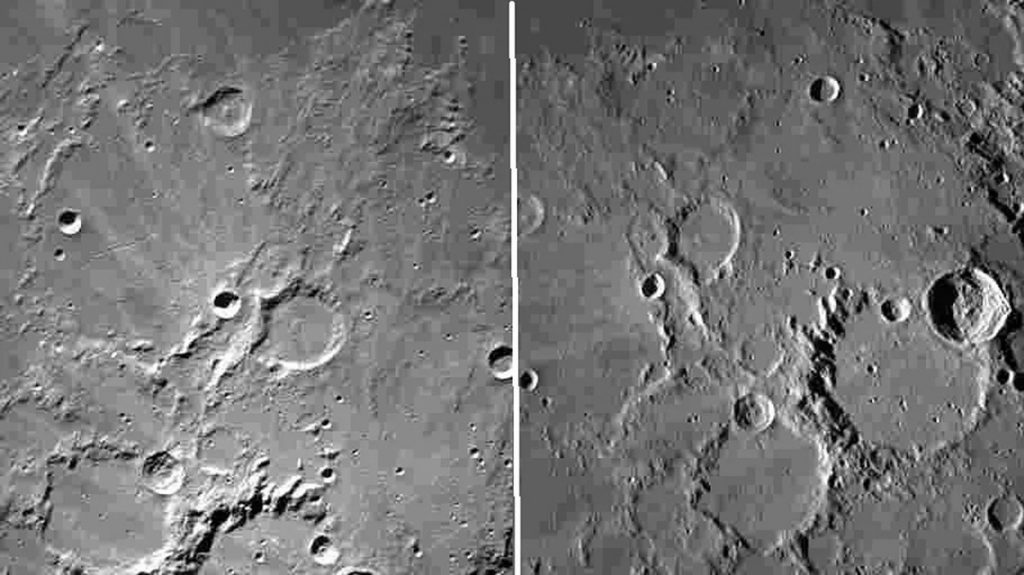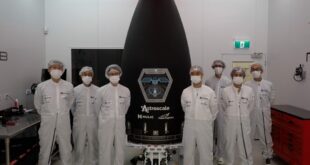
London, 28 December 2023.- The Japan Aerospace Exploration Agency (JAXA) announced on the 25th of December that the Smart Lander for Investigating Moon (SLIM) was successfully inserted into lunar orbit at 16:51 JST on the 25th of December.
SLIM launched on the 6th of September alongside JAXA’s X-ray imaging and spectroscopy Mission (XRISM). Whilst XRISM remained in orbit around the Earth investigating cosmic X-ray sources, SLIM went to go in orbit around the Moon.
The lunar orbit of SLIM was inserted into an elliptical lunar orbit connecting the Moon’s north and south poles with a period of approximately 6.4 hours. It will have an altitude of about 600 km at the point closest to the Moon (perilune), and 4,000km at the furthest point from the Moon (apolune). The orbit change proceeded as planned, and SLIM is currently in a normal condition. After the spacecraft was successfully inserted into lunar orbit JAXA was able to obtain images of the surface of the Moon.
From now until mid-January 2024, the apolune point will be lowered, and the orbit adjusted to a circular orbit at an altitude of approximately 600 km. The perilune point will then lower and preparations for landing will begin. On the 19th of January, the perilune point will be lowered to an altitude of 15 km, and the descent towards the Moon will start at around 0:00 am JST on the 20th of January. The spacecraft is scheduled for landing on the lunar surface at approximately 0:20 am JST on the 20th of January.
If the spacecraft successfully lands on the Moon, Japan will be the fifth country to make a lunar landing. SLIM will verify the technology needed for landings on the Moon and solar system planets, and will conduct investigations of the lunar surface with a small-scale probe.





